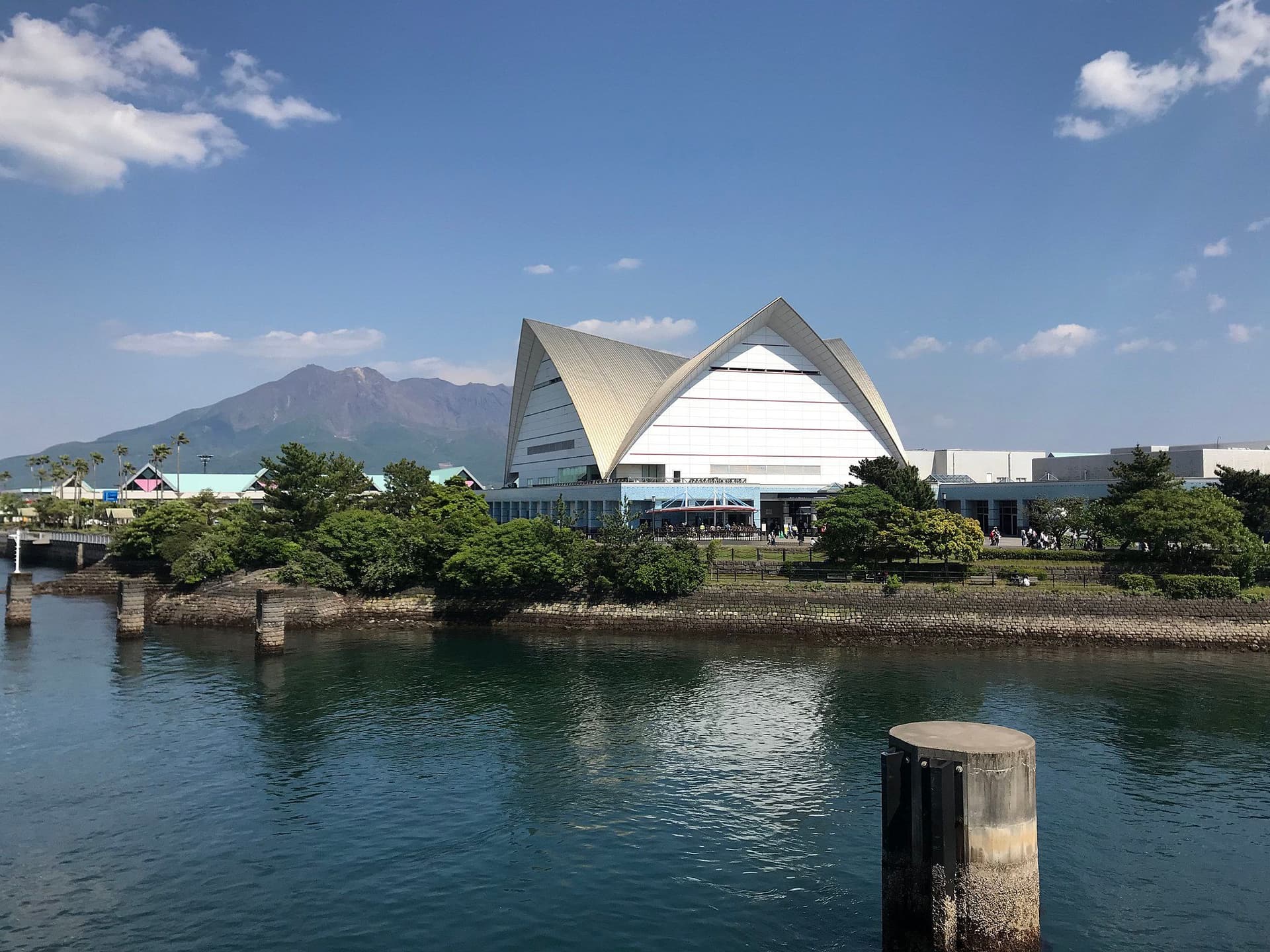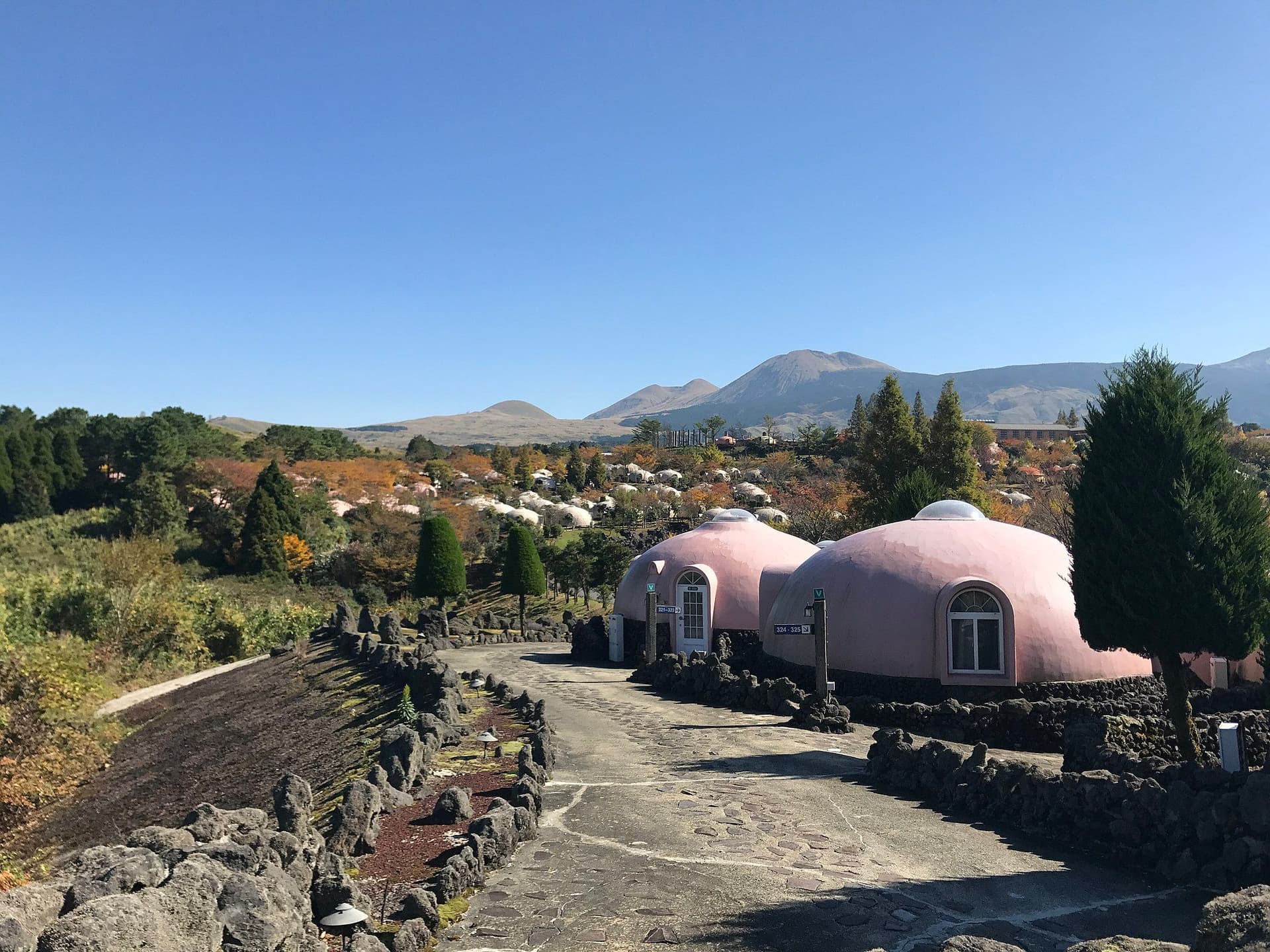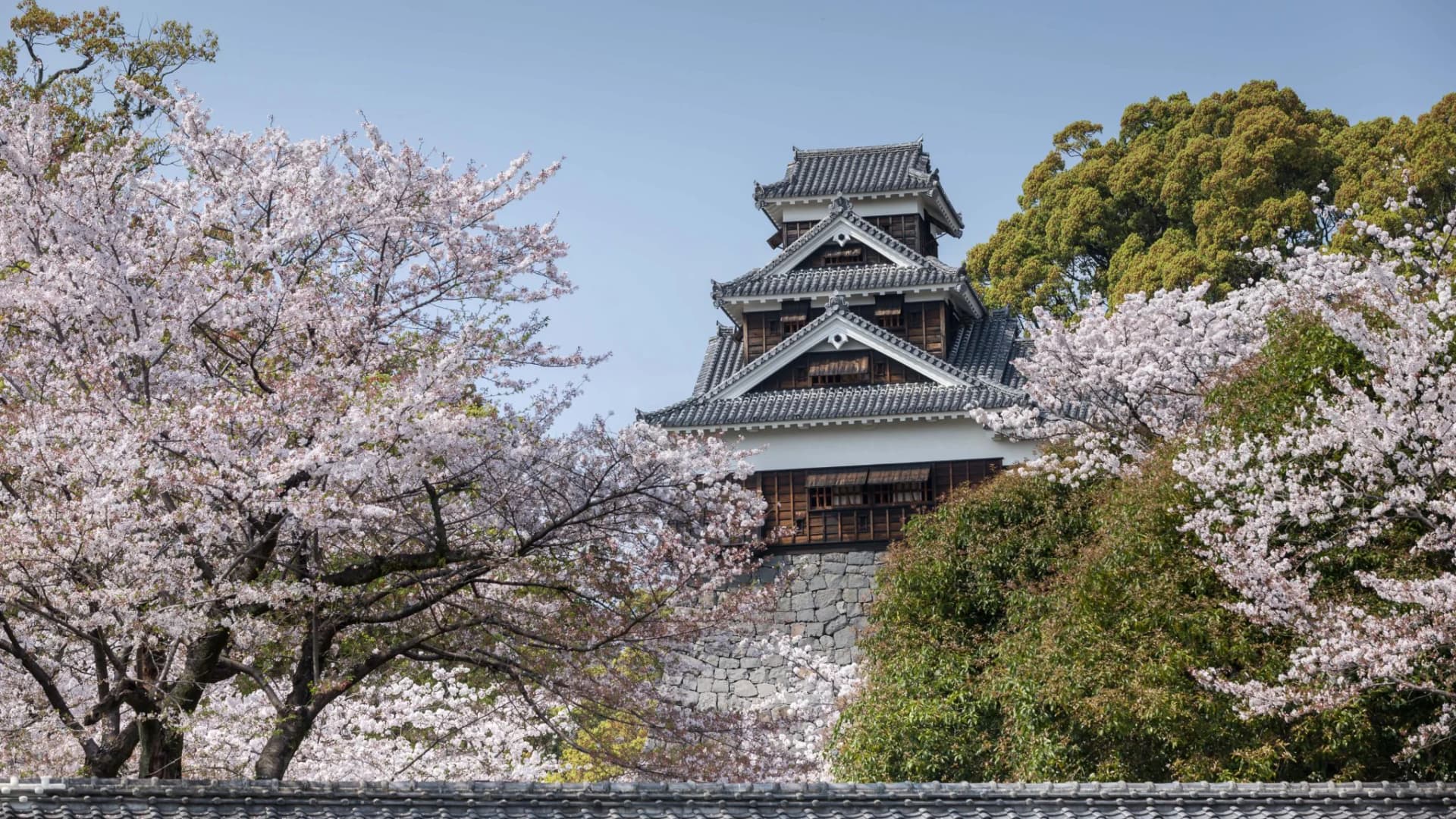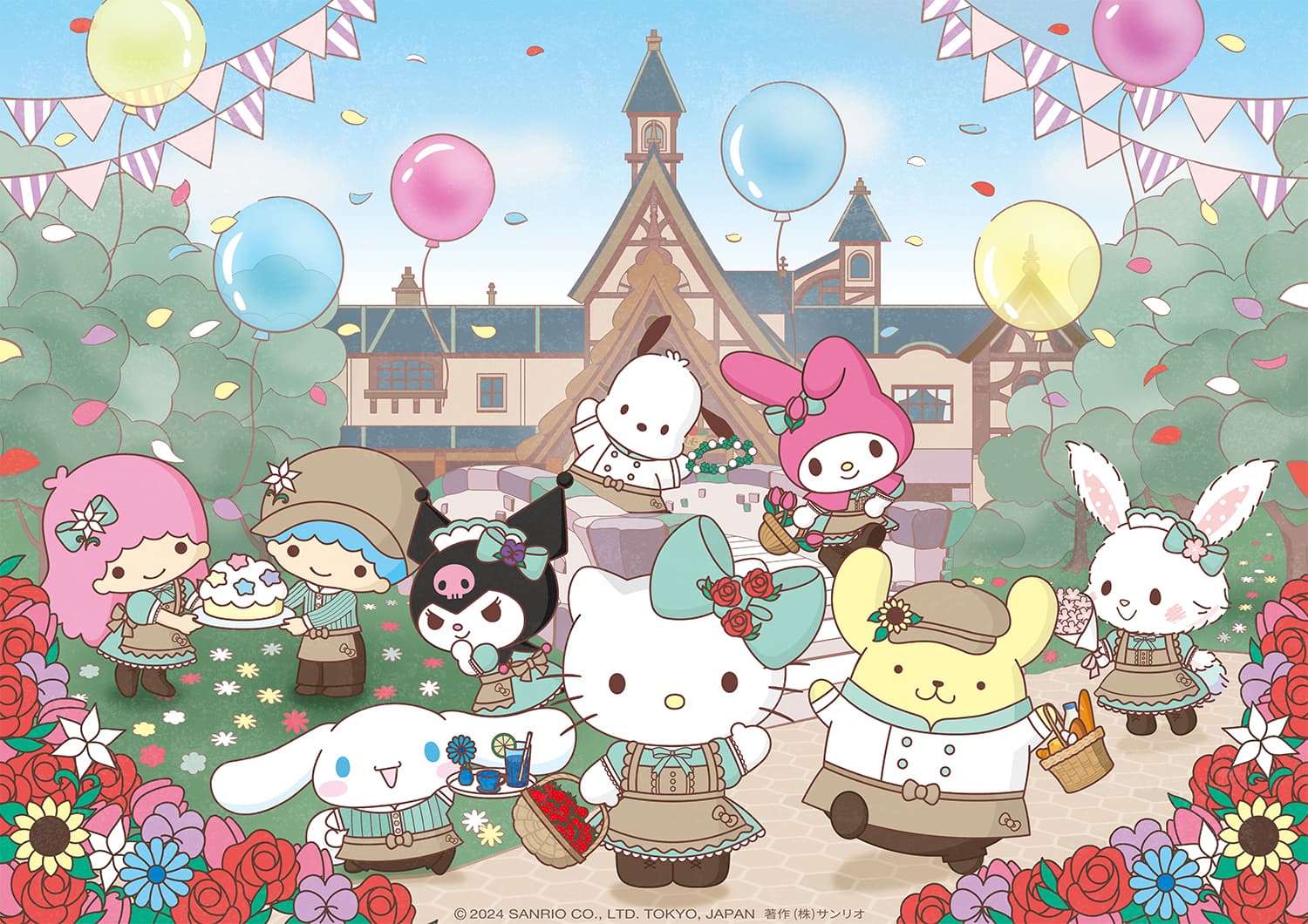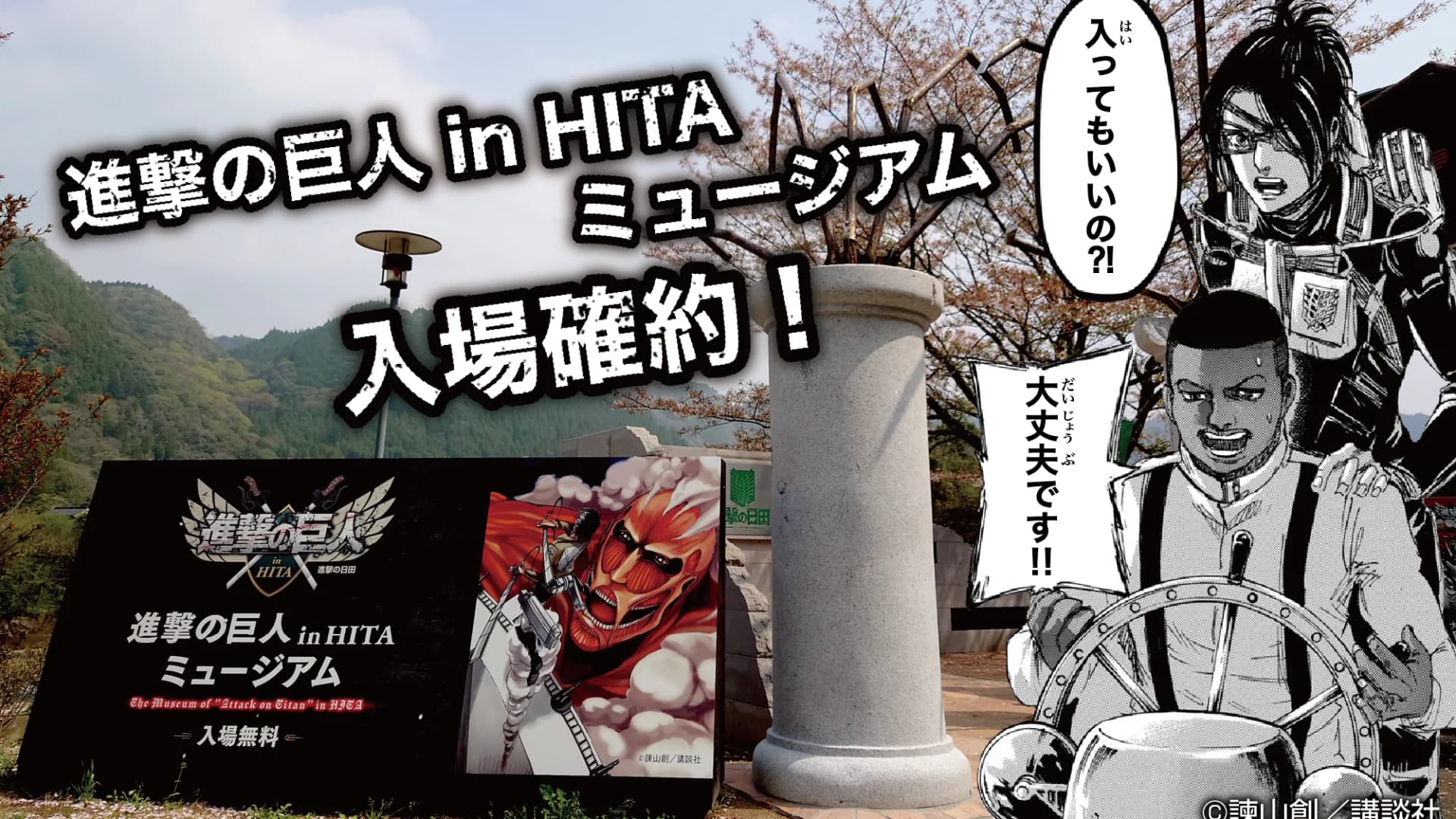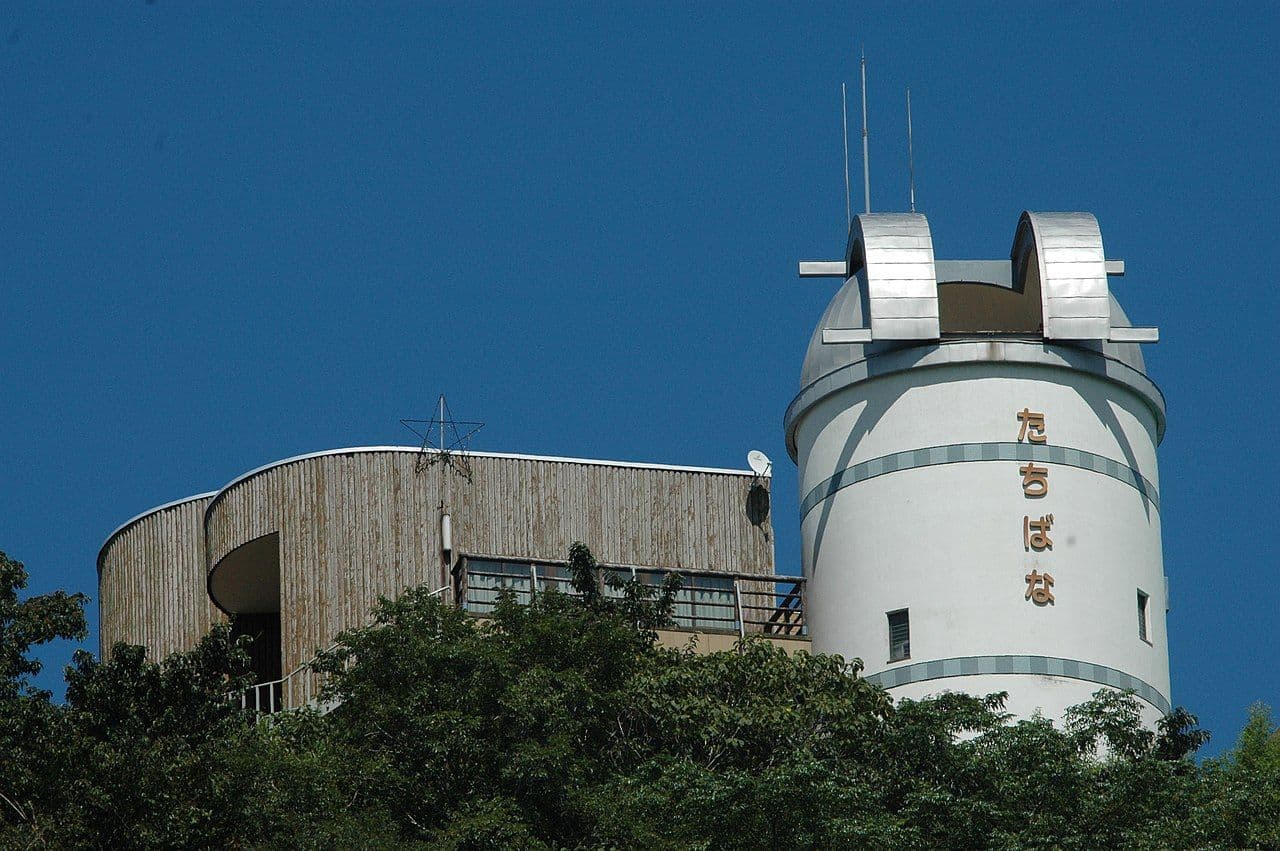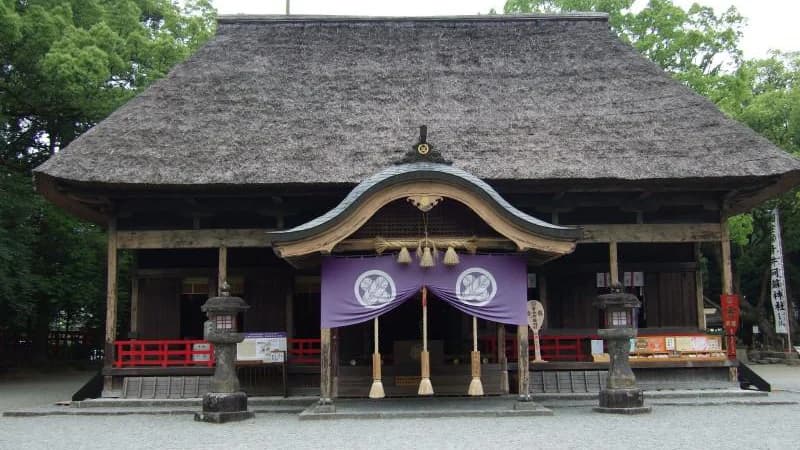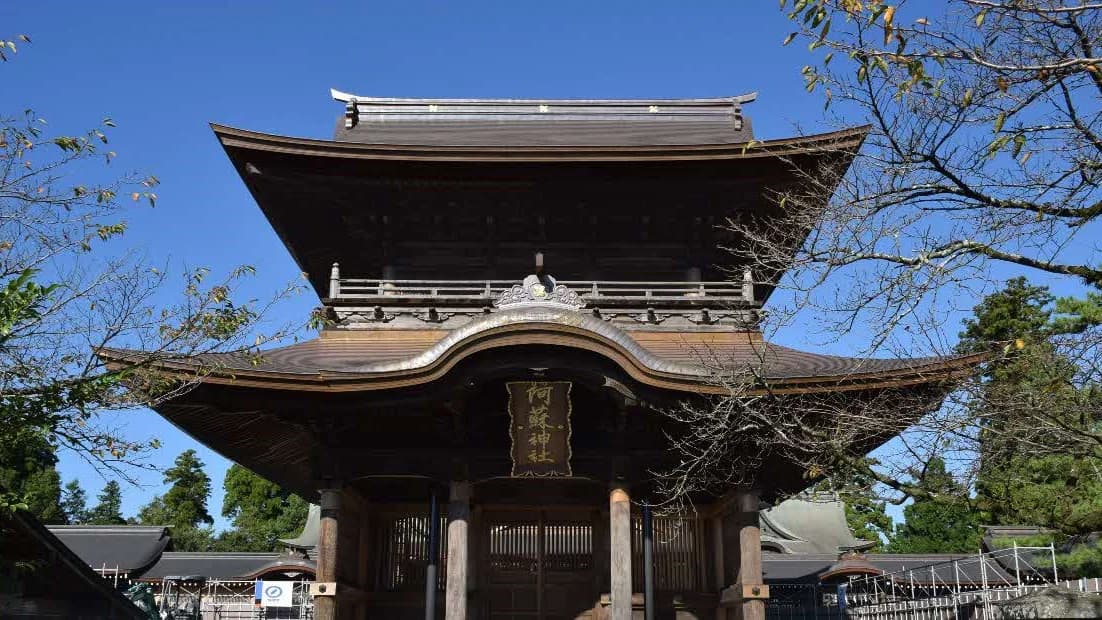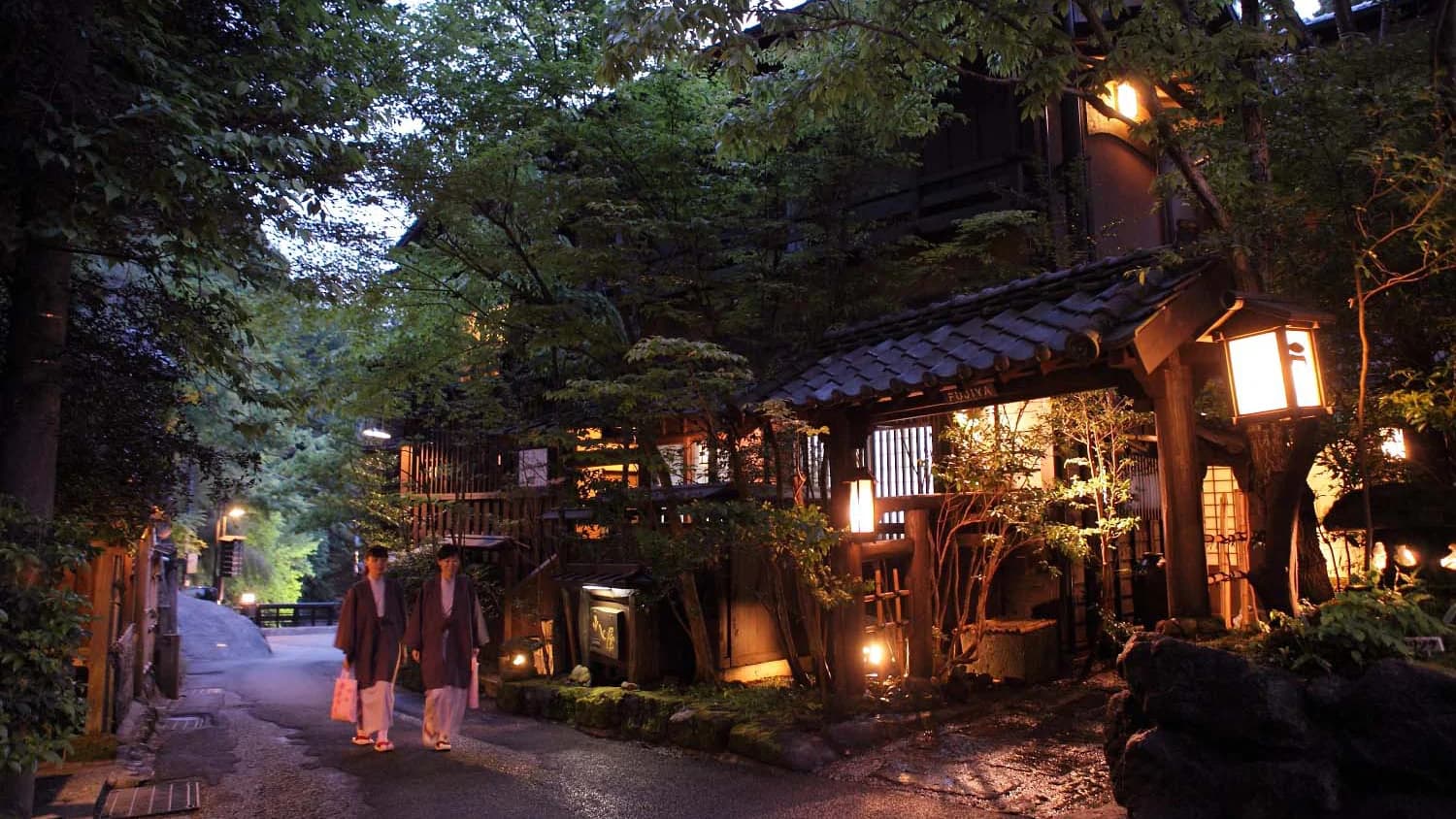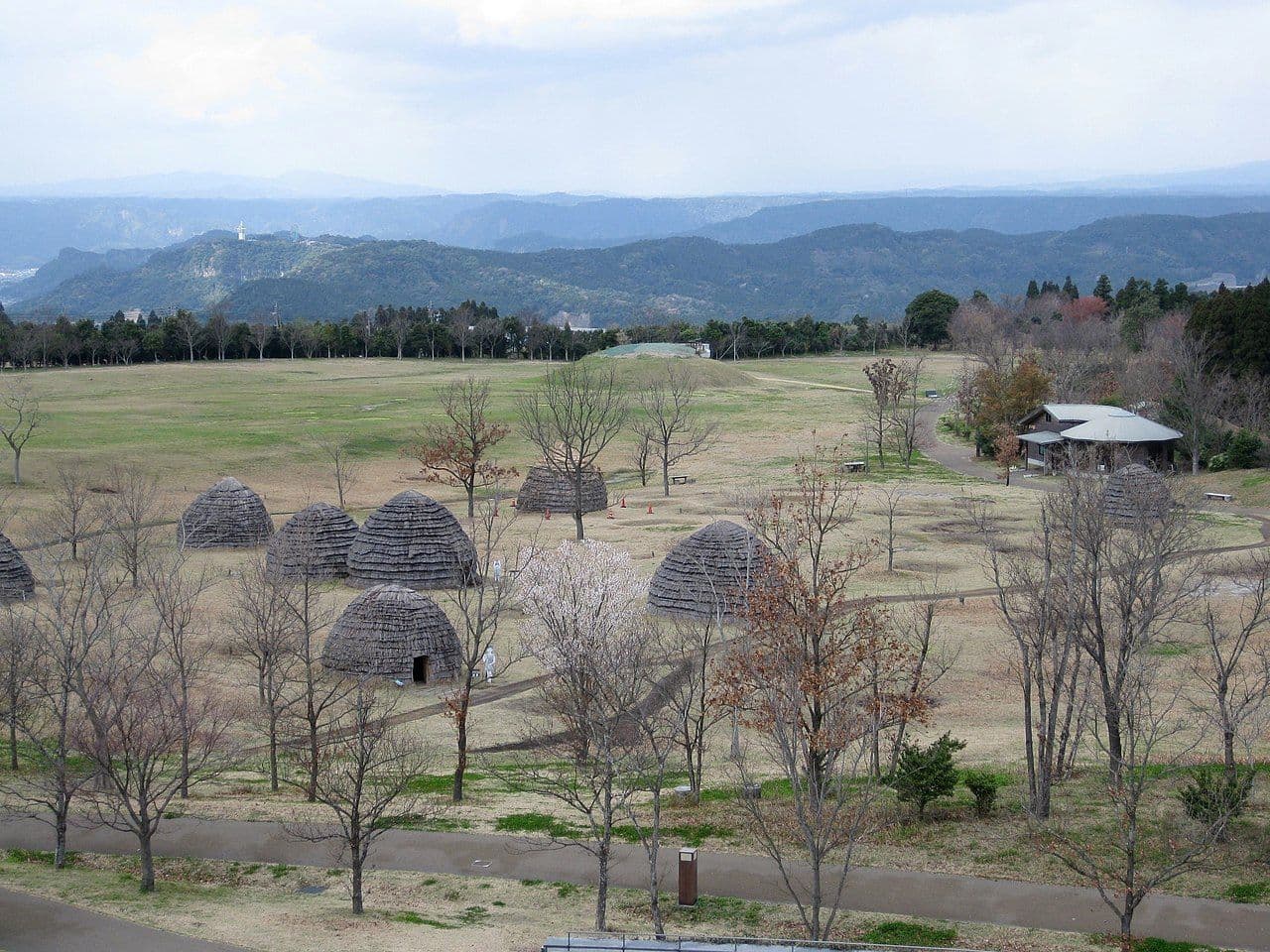
Uenohara site
上野原遺跡The Uenohara archaeological site is located in Kirishima, Kagoshima Prefecture, dating back to the Jōmon period (between c. 14,000–300 BCE). Pit dwellings were discovered during construction work in 1997, and the associated earthenware and lithic finds have been designated as Important Cultural Property. In 2002, an area of 36 hectares was turned into a park and exhibition centre, known as Uenohara Jōmon no Mori, or "Uenohara Jōmon Forest." The ruins are situated on a plateau about 250 meters above sea level, where a settled village existed around 9,500 years ago. The area served as a place to perform rituals, and various cultures flourished during the early stages of the Jomon period. Unique culture developed, and around 3,500 years ago, the inhabitants created caves, and the area became a hunting ground. From 2,500 to 2,000 years ago, and from 1,600 to 800 years ago, people built pillar buildings, “storage holes” and fences. Traces of plants such as sage and peach seeds were also found.
At Hey Japan!, we strive to keep the places listed on our website as current as possible. However, it is important to note that location owners or management may make changes to their plans, including canceling events, altering opening times, or modifying admission requirements, without prior notice. To ensure that you have the most accurate information, we recommend checking official websites before visiting any location.
Last Updated:

